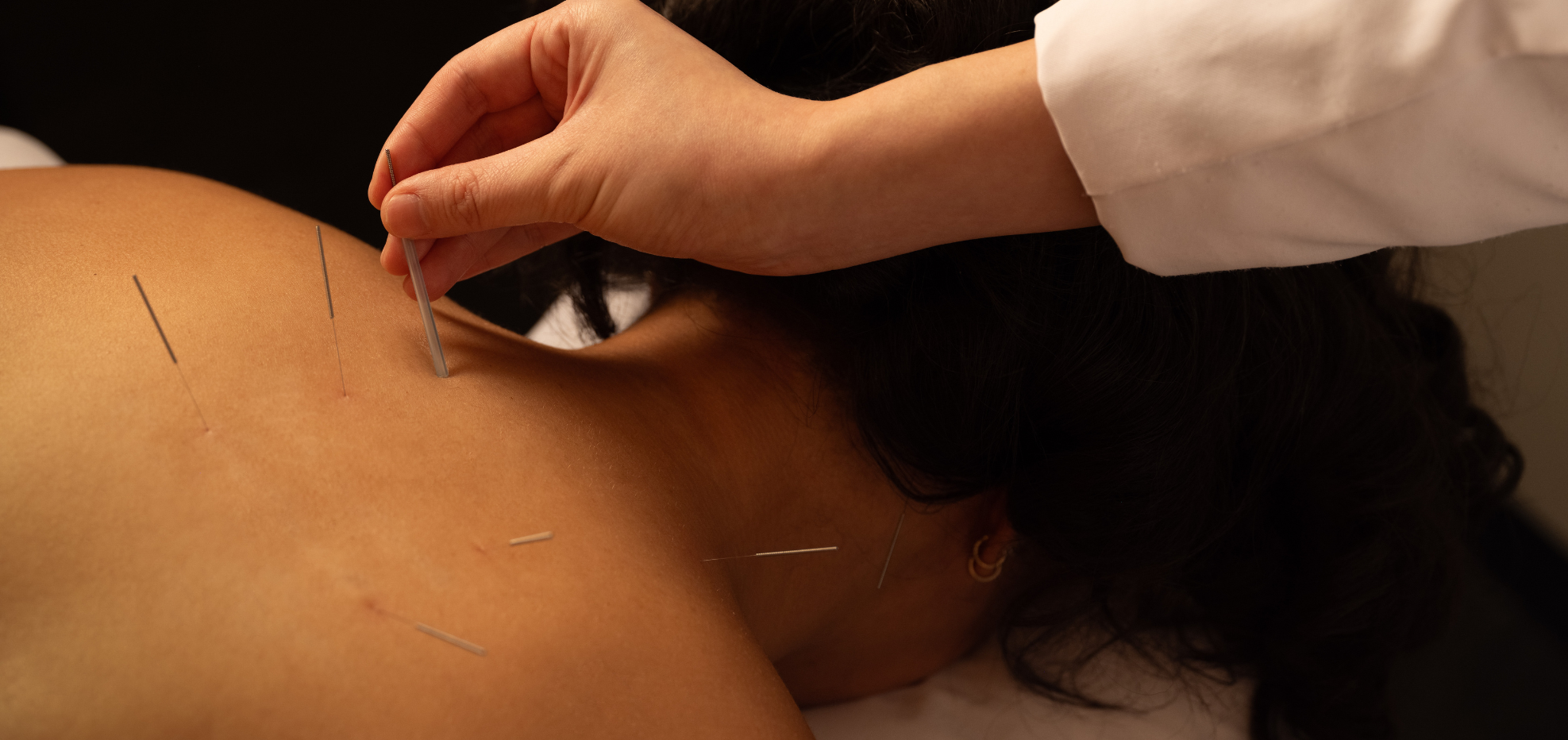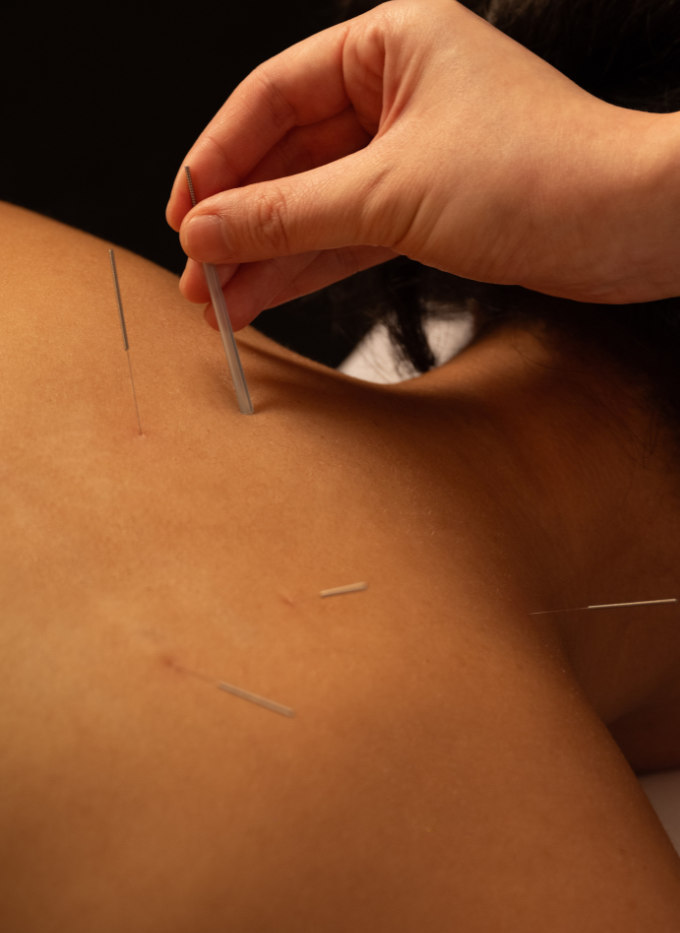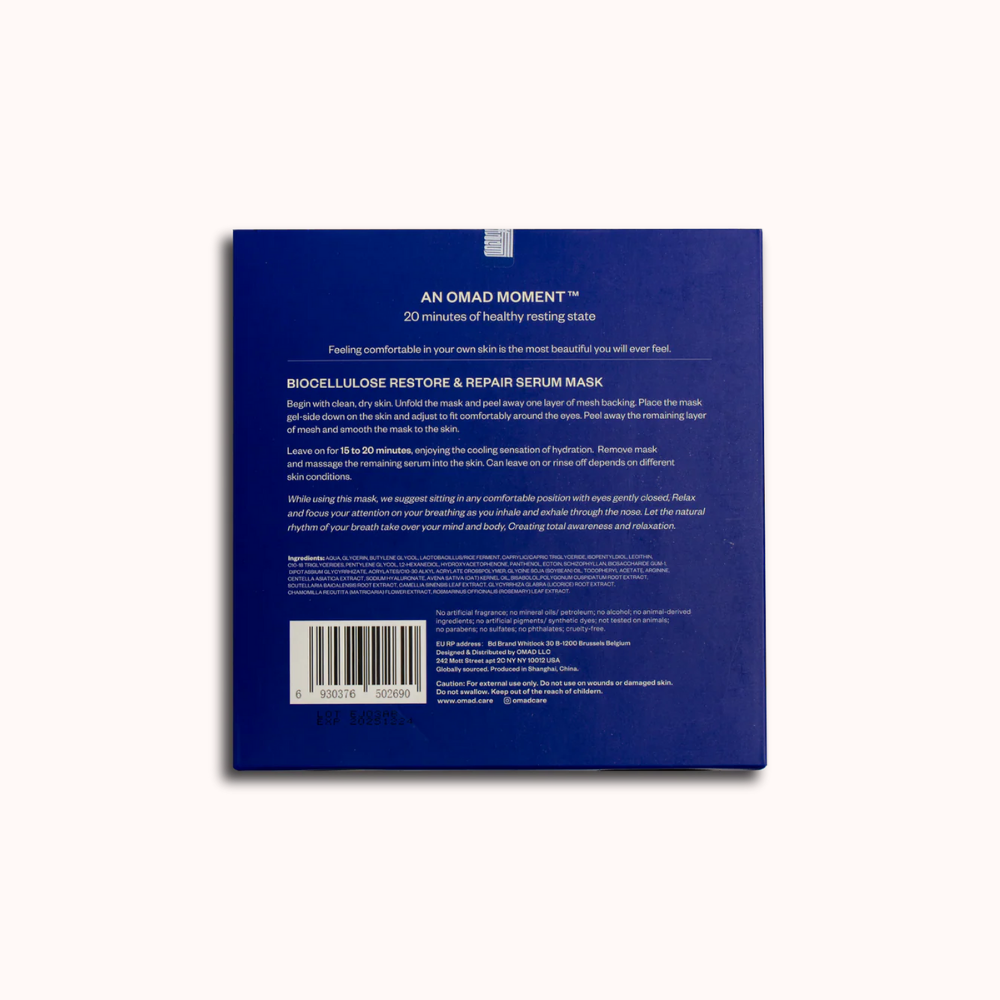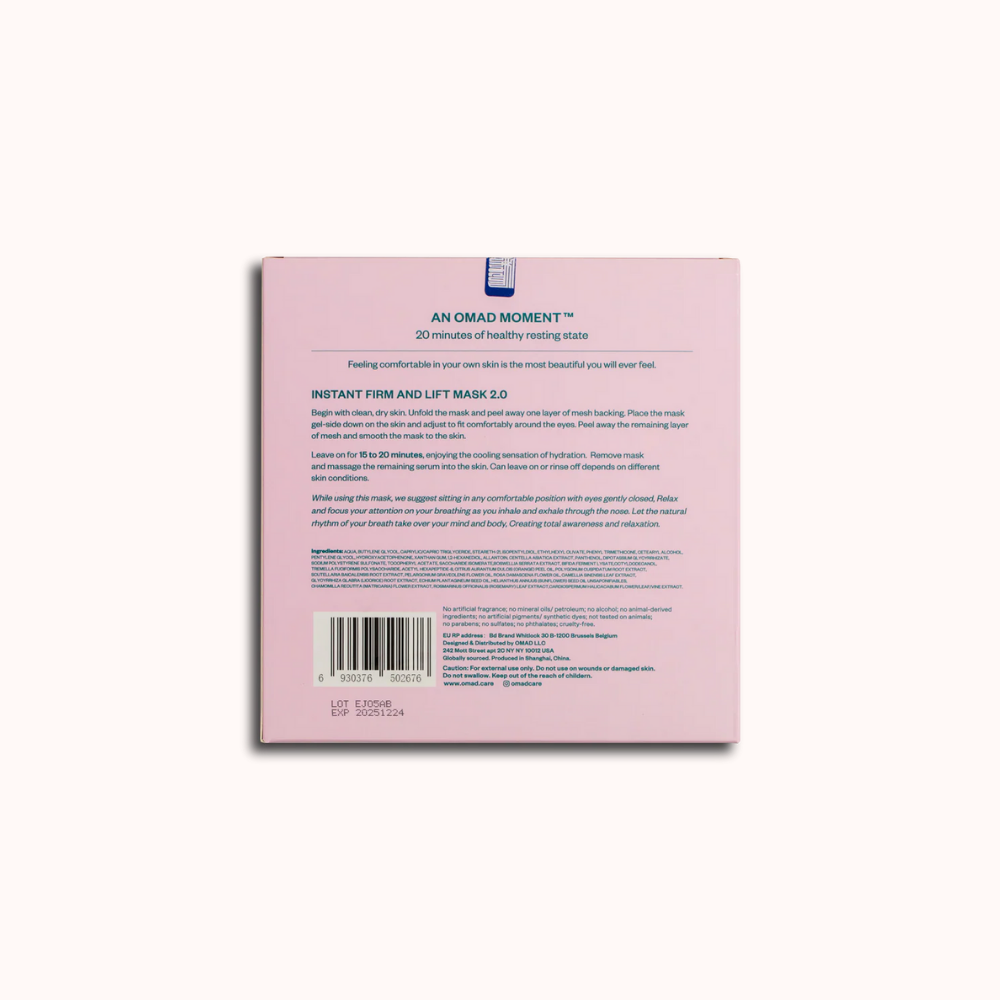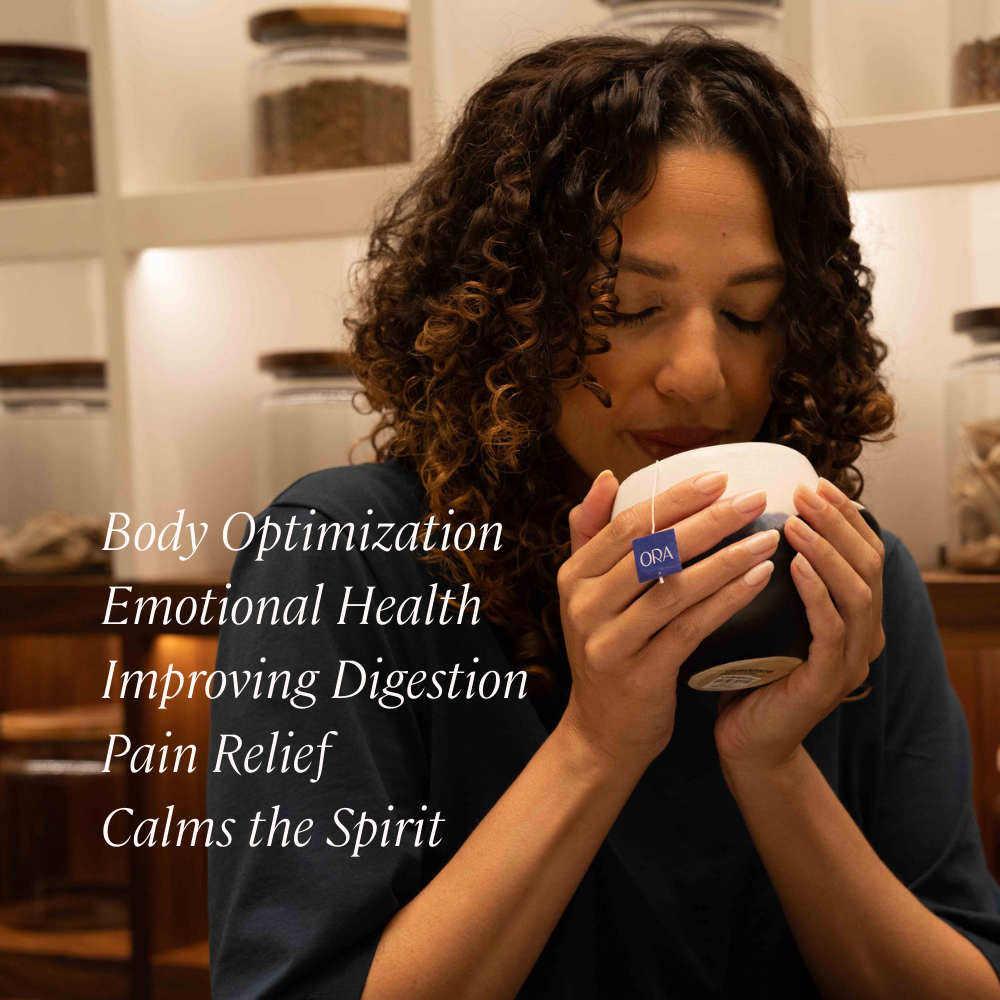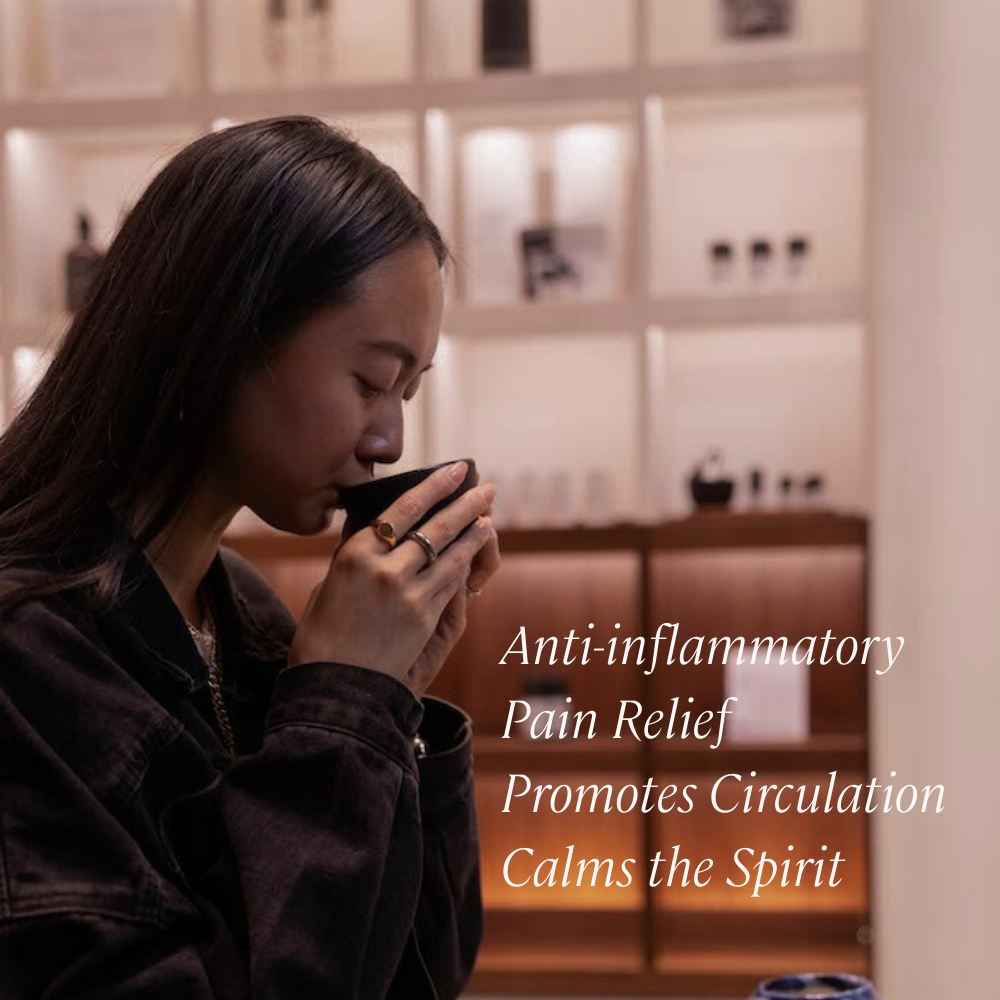With hormonal shifts and age come changes, some expected, others that take us by surprise. Frozen shoulder often falls into the latter category. Many women first encounter it during perimenopause or menopause, when a simple act like reaching overhead suddenly becomes painful or even impossible. While common, it can feel disruptive and frustrating.
The good news? With the right care, there’s a path back to comfort and mobility.
At ORA Method in New York City, acupuncturist Cynthia Gorman is known for her deep knowledge of orthopedics and the body. With years of clinical experience, a foundation in nutrition, and a whole-body perspective, Cindy has a gift for connecting the dots between what’s happening internally and how it shows up in everyday movement. One condition she treats often is frozen shoulder.
What Exactly Is Frozen Shoulder?
Cynthia explains that “frozen shoulder happens when the capsule around the shoulder joint gets tight and inflamed. The result is pain, stiffness, and a major loss of mobility. It tends to progress in phases, first it ‘freezes’ and becomes painful, then it stays stuck, and finally it ‘thaws’ as movement slowly returns. The whole process can take months, or even years.”
Why Frozen Shoulder is Common for Women in Perimenopause
One of Cindy’s key observations is how often frozen shoulder appears in women during perimenopause and menopause.
Cynthia notes that she “sees women come in with frozen shoulder who haven’t had any injury at all. Hormonal changes, especially the drop in estrogen, can impact connective tissue, making joints more prone to stiffness and inflammation.”
Other risk factors include diabetes, thyroid conditions, or long periods of immobility after surgery or injury. But for many women, hormones are the hidden trigger.
How Acupuncture Helps Frozen Shoulder
From a Traditional Chinese Medicine (TCM) perspective, frozen shoulder often relates to Qi stagnation or imbalances in the Liver and Kidney meridians. Cynthia blends that framework with her orthopedic expertise and trigger point therapy to create an integrated treatment plan.

Cynthia explains that “acupuncture doesn’t just help with pain. It improves circulation, calms inflammation, and helps muscles release.” Over time, it restores mobility and makes physical therapy and stretching so much more effective.
Acupuncture supports healing frozen shoulder by:
-
Relieving pain through endorphin release
-
Improving circulation to support tissue repair
-
Easing stiffness in surrounding muscles
-
Supporting hormonal balance during menopause
Cynthia often integrates cupping, electroacupuncture, or dry needle trigger point therapy depending on the patient’s needs.

What the Research Shows
Research backs what Cynthia sees in her practice: acupuncture reduces pain and improves shoulder function, particularly when combined with physical therapy. It’s safe, effective, and works best as part of a comprehensive healing plan.
What Treatment Looks Like
Cynthia typically recommends 1-2 sessions per week to start. Treatments are highly personalized, using both local points near the shoulder and distal points to rebalance the whole body.
According to Cynthia, patients often notice:
-
Less pain within the first few sessions
-
Better sleep from reduced night-time discomfort
-
Gradual return of daily function with consistent care
“Frozen shoulder is painful, but treatable,” Cindy emphasizes. “The best results come from combining acupuncture with stretching, rehab, and nutrition. Acupuncture helps reduce pain and stiffness so patients can actually do the work that gets patients better.”
The ORA Method Difference
At ORA Method, every acupuncture session also includes Red Light Therapy and Meditation, two powerful tools that support healing. Red Light Therapy helps reduce inflammation and boost cellular repair, while meditation calms the nervous system, easing the stress that often accompanies chronic pain.
This combination extends beyond the treatment room. Patients are encouraged to practice simple rituals at home, whether it’s stretching, breathwork, drinking herbal tea, or mindful pauses, that reinforce healing and create lasting change.

The Takeaway
Frozen shoulder is no small hurdle, but you’re not alone. It’s more common than many realize, and there are proven ways to find relief. With acupuncture, patients often experience less pain, improved mobility, and, most importantly, a return to the freedom of movement they thought they’d lost.
If you’re in New York City, book a session with Cynthia at ORA Method in NoHo or UES and begin your path to healing.

